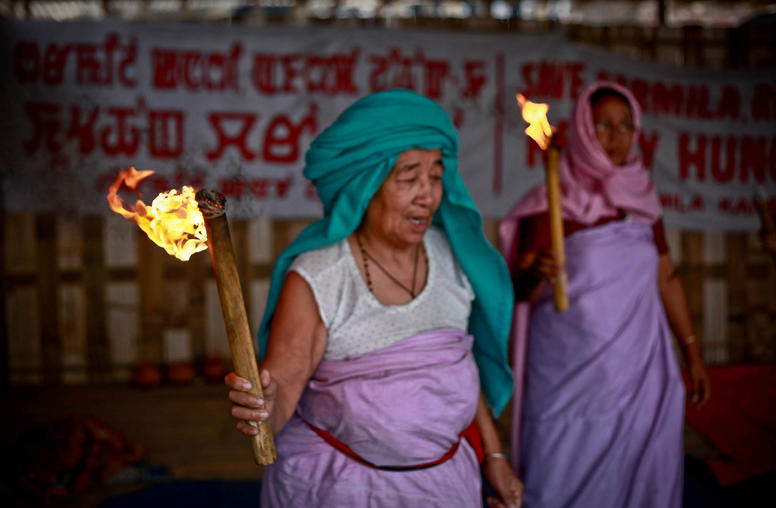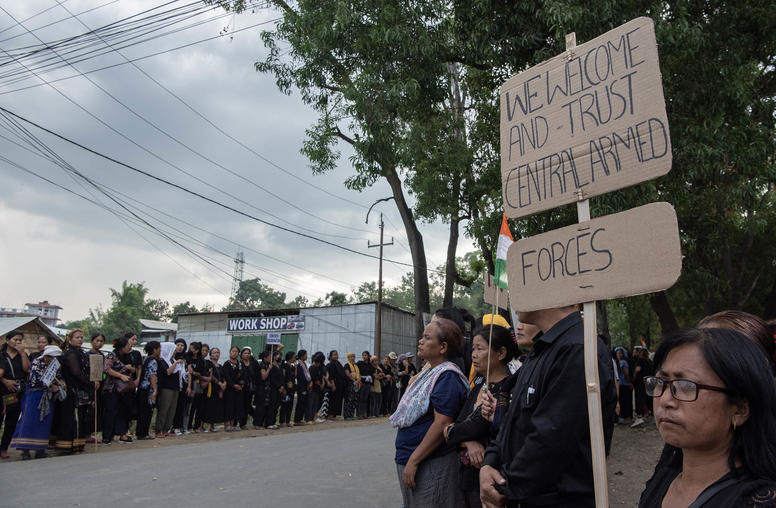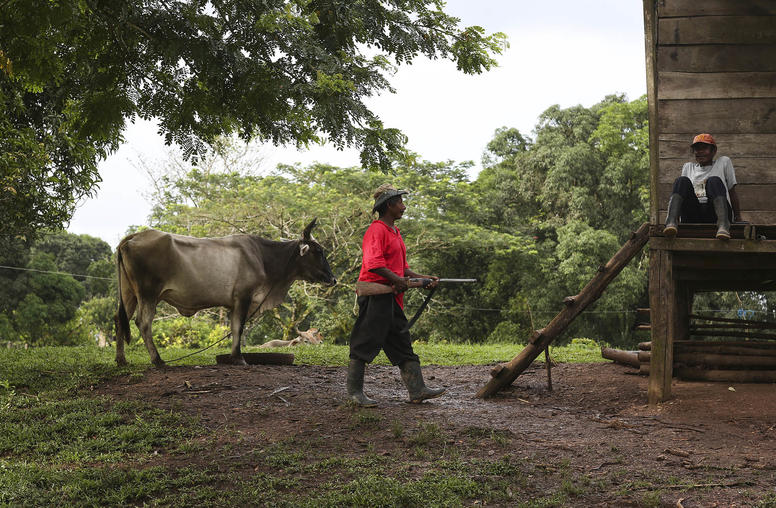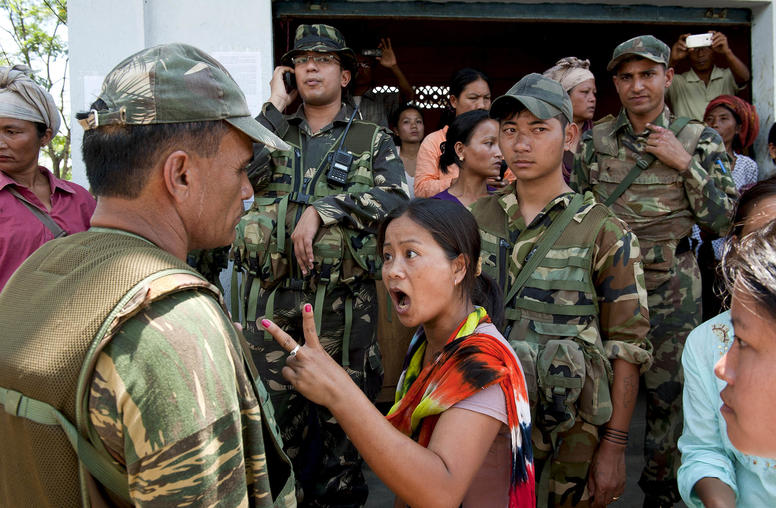Binalakshmi Nepram
Contact
Please submit all media inquiries to interviews@usip.org or call 202.429.3869.
For all other inquiries, please call 202.457.1700
Binalakshmi “Bina” Nepram is the senior adviser on Indigenous issues for the religion and inclusive societies team at USIP.
Nepram joined USIP after spending time as a fellow at the Carr Centre for Human Rights, Harvard University’s Kennedy School of Governance and at Harvard’s Asia Centre, where she worked on documenting Indigenous nations and aspects of gender and peacebuilding with Indigenous women peacebuilders. Prior to joining Harvard University, Nepram also worked at Connecticut College, where she taught a course called “Women, War and Peace.” Nepram also was a research assistant in the Indigenous rights summer program organized by Institute of Human Rights at Columbia University.
Nepram founded the award-winning and women-led Manipur Women Gun Survivors Network and served as its director of programs. She also helped found the Northeast India Women Initiative for Peace; the Control Arms Foundation of India; and the Global Alliance of Indigenous Peoples, Gender Justice and Peace.
Nepram has worked closely with the U.N. Development Programme in India, the Indian government’s National Mission for Empowerment of Women, as well as with the European Union and a host of other civil society-based and women- and indigenous women-led organizations in South Asia and in seven sociocultural Indigenous zones around the world.
Nepram hails from the state of Manipur in Northeast India and has extensive experience researching armed insurgencies and responding to conflict areas, the linkages between small arms and narcotic, women in decision-making processes, and ensuring support to women and families who are survivors of armed conflict. Nepram has researched extensively on the linkages between arms and narco-trafficking and its humanitarian consequences, Indigenous governance, nonviolent movements and women-led peacemaking issues in various conflict zones around the world.
Nepram earned her master’s in South Asian studies from the School of International Studies at Jawaharlal Nehru University in New Delhi. She also has two other master’s degrees — one in modern Indian history from Delhi University and another in sociology from The New School of Social Studies in New York.
She has authored a book of poetry, a historical fiction novel and three academic books that connect democracy, diversity and issues on women, peace and security. Nepram is the recipient of the Sean McBride Peace Prize, Anna Politskovskaya Award and the CNN IBN Real Heroes Award for her lifetime of work with women survivors of armed violence in Manipur.
Nepram has authored op-eds for The Washington Post, Times of India, Hindustan Times, Democracy Now has made media appearances on Channel 4, Al Jazeera, BBC, India Today, NDTV, CNN, TV18, Mirror Now, News 24, The Wire, and Quint.




